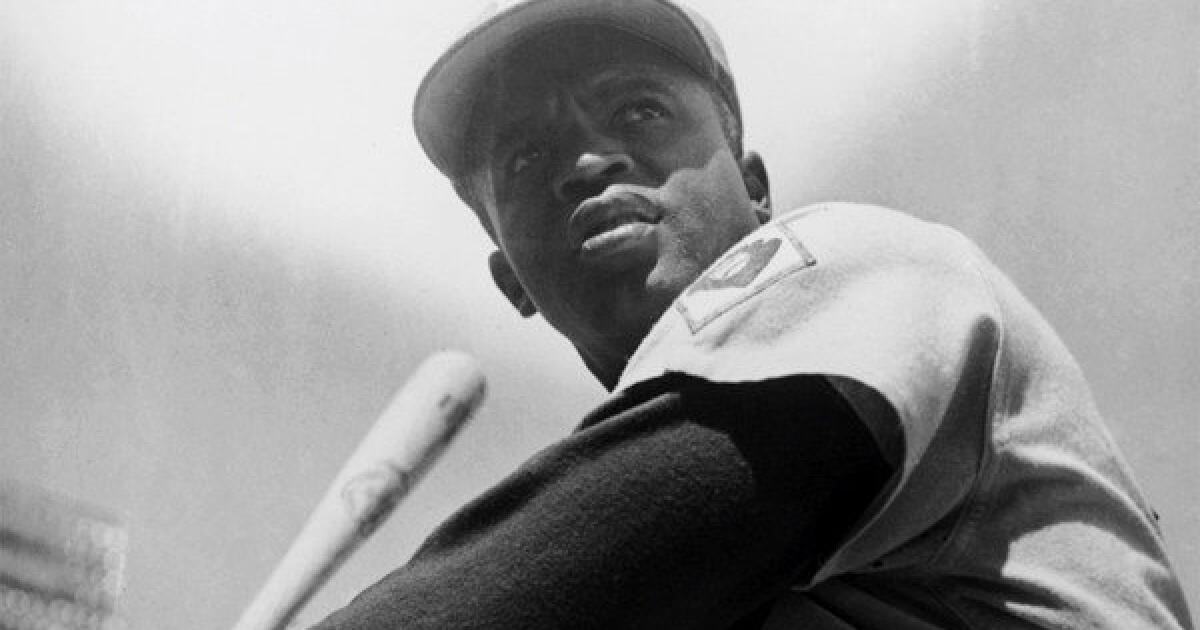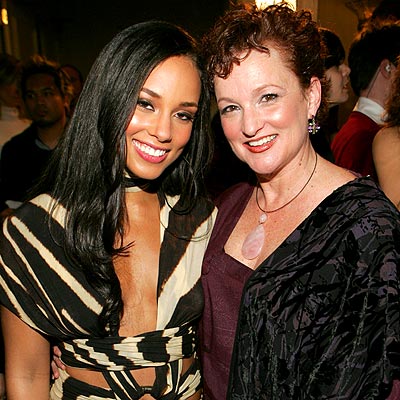Angels center fielder Torii Hunter was called a racist for his remarks last season about too many players, and an entire team with no black players, wearing Jackie Robinson's No. 42.
"I didn't know I was a racist. I've never been a racist," Hunter says.
His remarks about race in baseball last season, when he was with Minnesota, elicited criticism, some of which he called 'a little scary.'
It is easy, too easy in our culture, to condemn a man without hearing him out. One sound bite, one click, and judgment is passed.
Torii Hunter sits at his locker, his eyes widening as he tells this story. He is a man of enormous compassion and abundant laughter, as popular among his peers as any player.
We do not need a presidential election to learn that race still is an issue in this country, an uncomfortable issue. As baseball celebrated Jackie Robinson and his legacy last year, Hunter said something -- absolutely relevant, certainly debatable, possibly provocative.
In return for his opinion, he got hate. In return for his honesty, he got labeled a racist, more than once.
"That was a little scary," he said. "I didn't know I was a racist. I've never been a racist."
He did not mention race, any race, in what he said. But he did not have the chance to explain, to put his remarks into the context of race, of baseball and of Jackie Robinson. It is easier, of course, to brand a man a racist than to hear him out.
So let us hear him, and disagree with him, and hear him out again.
In 1997, 50 years after Robinson broke baseball's color barrier, Commissioner Bud Selig ordered every team to retire Robinson's No. 42.
In 2007, Ken Griffey Jr. asked permission to wear No. 42 on the annual Jackie Robinson Day.
Selig loved the idea and invited other players to join in. On some clubs, one player wore No. 42. On other clubs, several players did. On still others, every player did.
This is what Hunter said, to USA Today: "This is supposed to be an honor, and just a handful of guys wearing the number. Now you've got entire teams doing it. I think we're killing the meaning.
"It should be special wearing Jackie's number, not just because it looks cool."
What upset Hunter, he says now, was this: The Houston Astros had no black players on their team last April, and yet the entire team wore No. 42.
"That got it away from, 'OK, we don't have any blacks,' " he said.
To Hunter, a roster with no black players did not represent the progress for which Robinson stood, and baseball celebrated.
"When you have a team that doesn't have any African American players on the team, and then everybody on the team wears it, yes, it's watered down, because they don't have blacks to represent Jackie Robinson over there," Hunter said.
"It's pretty weird. That's just my opinion."
Selig does not share that opinion.
"It transcends all that," he said. "Jackie Robinson coming into baseball is the most powerful and most meaningful moment in baseball history. To honor Jackie Robinson by wearing his number, I think, is the greatest compliment you can pay."
Symbolism is powerful, and this picture would be worth 60 years of words: As teams line up to commemorate Jackie Robinson Day, six decades after his debut, look at a team with no black players, with no one wearing No. 42.











